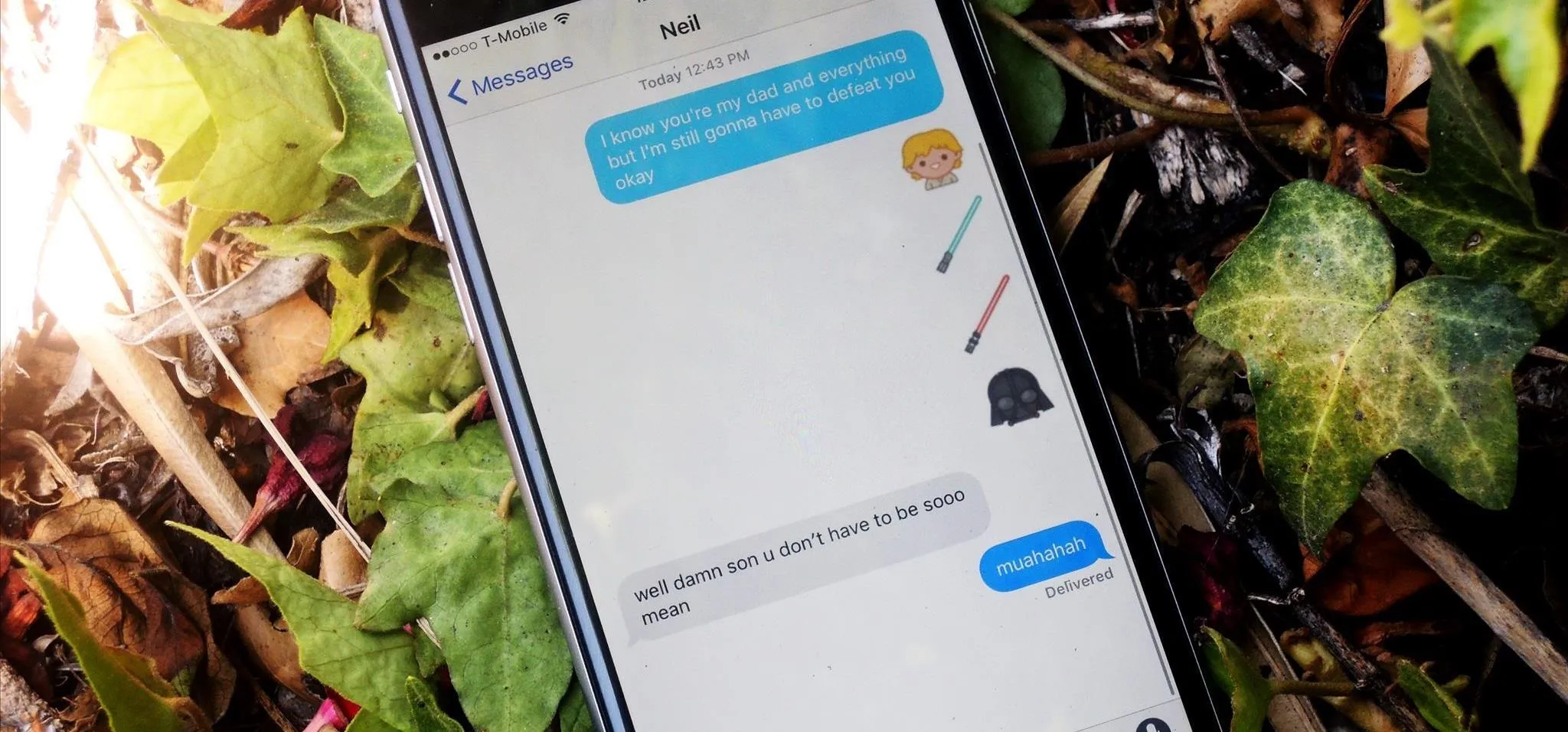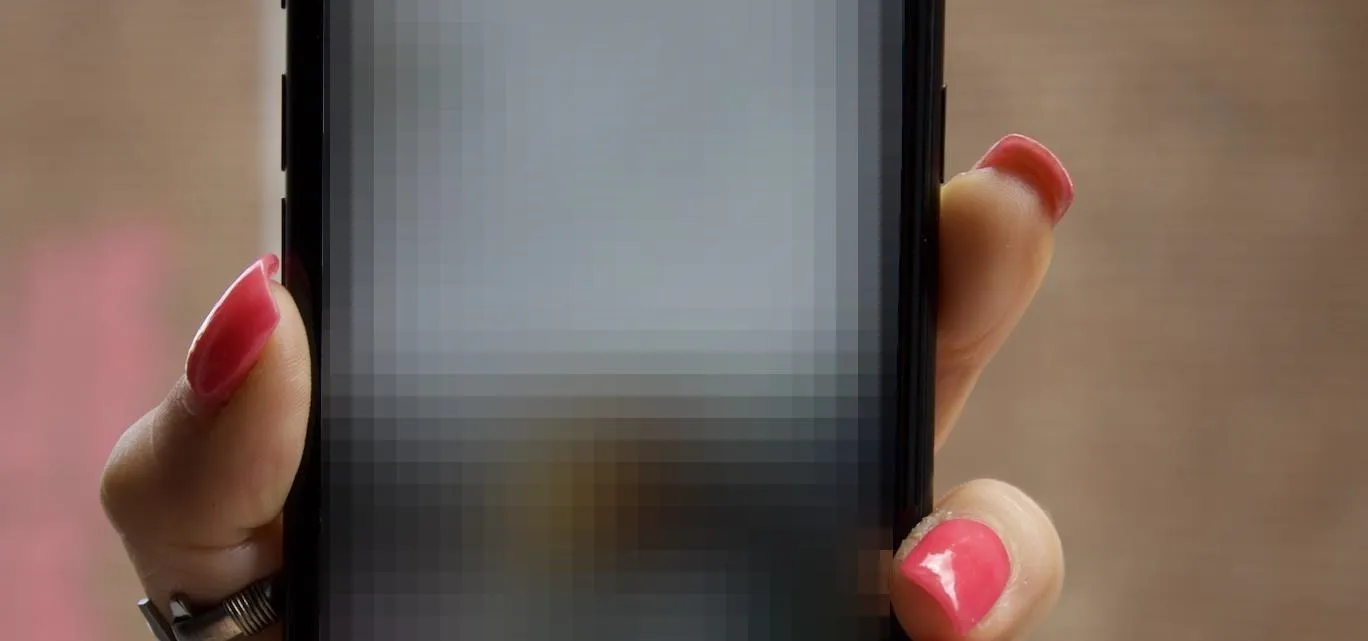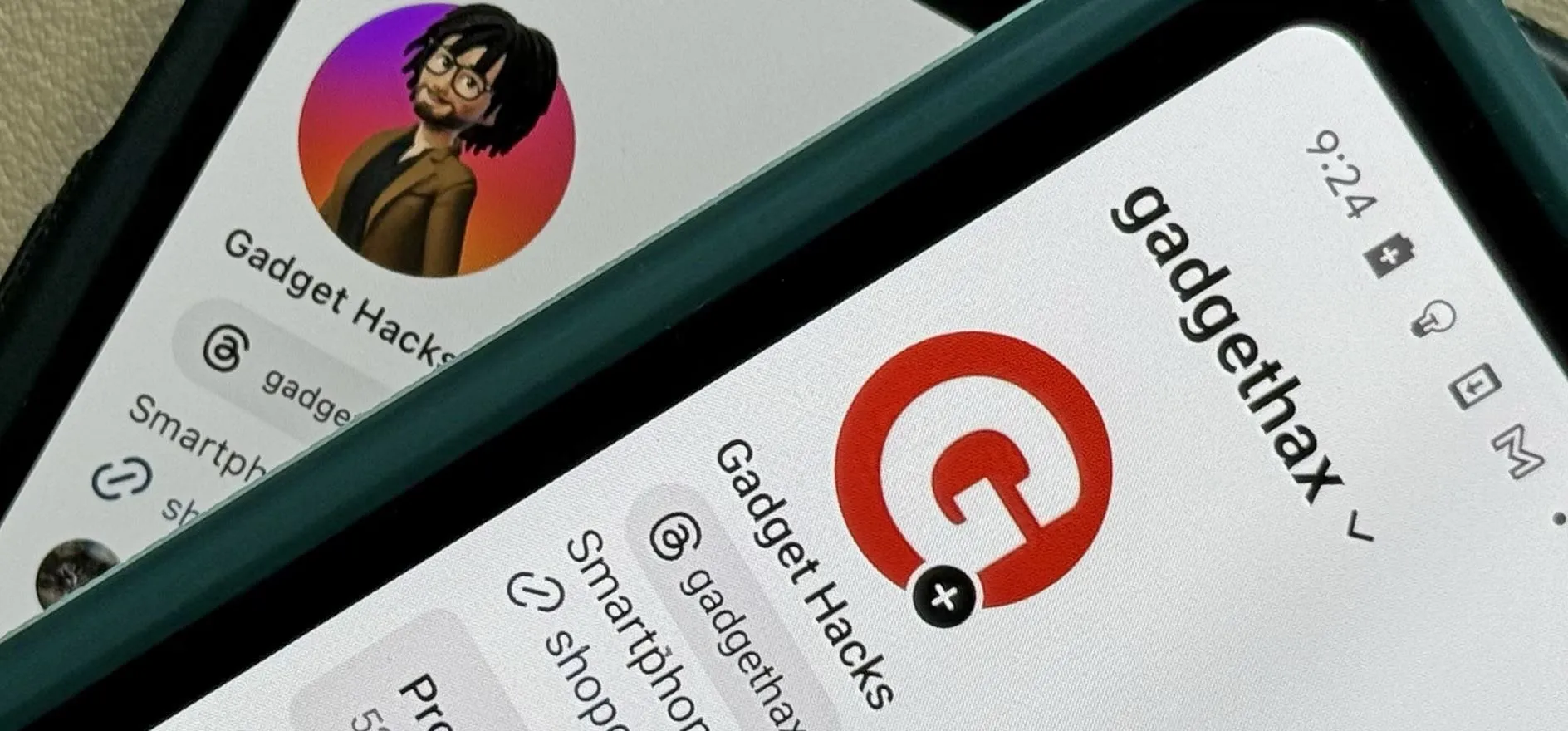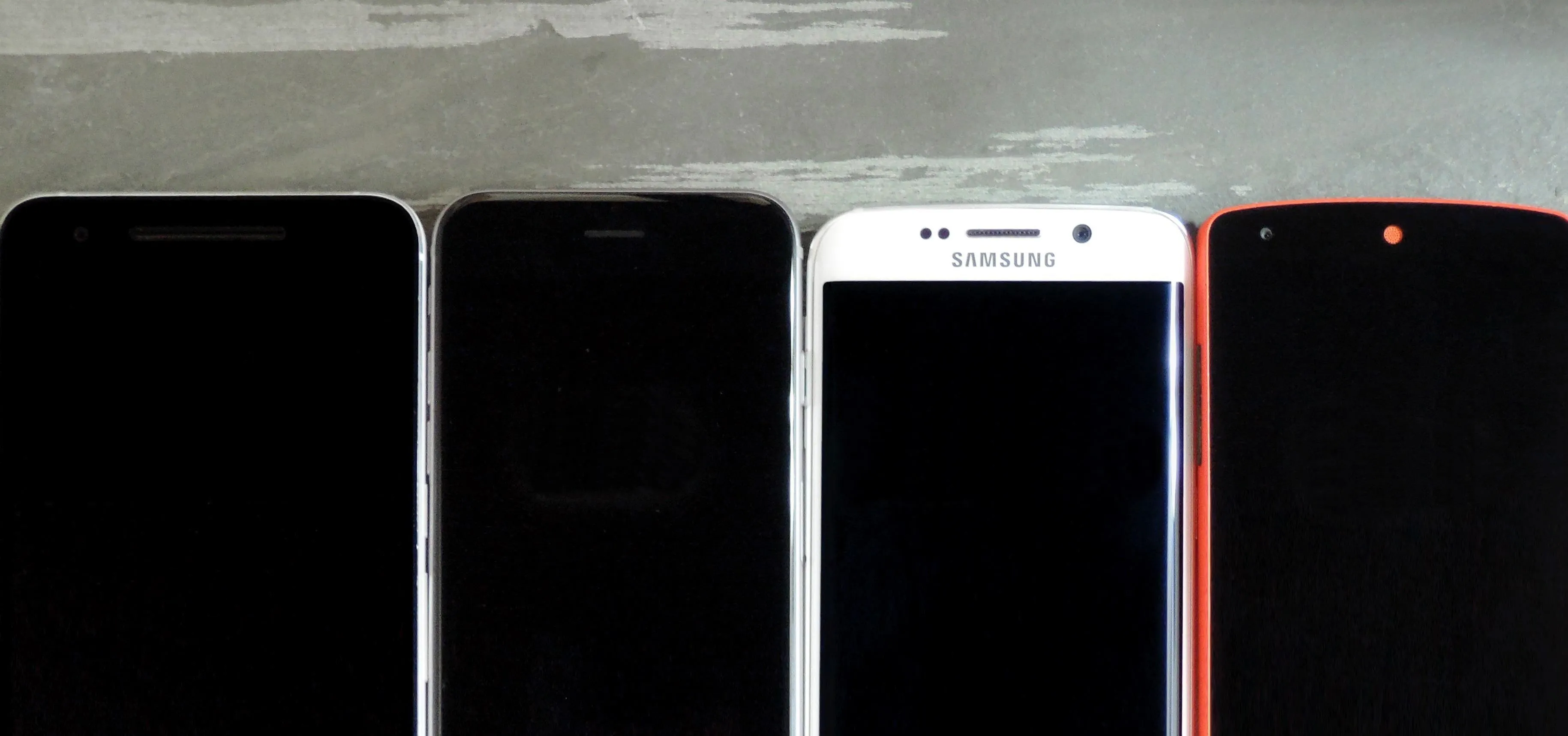Do you know what your smartphone is made of? I've had smartphones for years, but if you asked me that question I'd probably respond with "Wi-Fi." For uninformed consumers like myself, it may shock you to know just how much goes into creating a smartphone.
Materials must be collected from all over the world. Unfortunately, when there's a market shortage of necessary components, that's bad news for us gadget-lovers. A recent deficit of crucial metals means that tech companies must scramble to find a solution.
Shockingly, cobalt is a major element in many technologies. It's used to make lithium-ion batteries for everything from smartphones to electric cars. Sadly, increasing consumer desire for these goods — specifically electric cars — is diminishing global supplies. Electric vehicles are expected to surpass sales of gas-powered cars by 2040, so there's a high demand for the cobalt needed to create them. Now that it's only available in limited quantities, electric vehicle manufacturers are feeling (cobalt) blue.
The global supply of cobalt has not been able to meet the increasing demand for it. Last year, the market started with a 1,500-ton deficit of cobalt. According to business intelligence company CRU Group, this shortage could triple by the end of 2017. Unfortunately, when demand soars and supply plummets, prices increase at astonishing rates. The price-per-ton of cobalt has surged from $32,000 in 2016 to its current price of $56,000. The exorbitant cost of acquiring this necessary material is putting a massive strain on tech companies. In response, they are seeking out better means of cobalt acquisition.
The majority of the world's cobalt — approximately 65% — is produced in the Democratic Republic of Congo. To ramp up supply, companies are looking to mine in Australia, the United States, and Canada. Moreover, tech companies are hoping to outsource mining not just to increase supplies, but because cobalt production in the Congo is shrouded by ethical concerns. Human rights organizations have revealed that much of Congolese cobalt mining is conducted by children as young as 7 years old for 10 to 24 hours daily. The poor working conditions and dangerous nature of the job have led major companies to look into more humane means of acquiring the metal.
While companies are scrambling to find new sources of cobalt, it appears that it's not the only tech-dependent metal experiencing a shortage. Most are less rare than cobalt, but companies are still struggling to get their hands on them. In the meantime, it may be time to adopt a philosophy we all know well: reduce, reuse, recycle. Apple has already taken on this approach by developing Liam, a line of robots that can quickly take apart used iPhones and recover materials — like cobalt — for reuse. It's not yet certain if other companies will follow suit, but this could possibly mitigate the effects of future metal shortages.
- Follow Gadget Hacks on Facebook, Twitter, Google+, and YouTube
- Follow WonderHowTo on Facebook, Twitter, Pinterest, and Google+
Cover photo via Monicore/Pixabay

























Comments
Be the first, drop a comment!